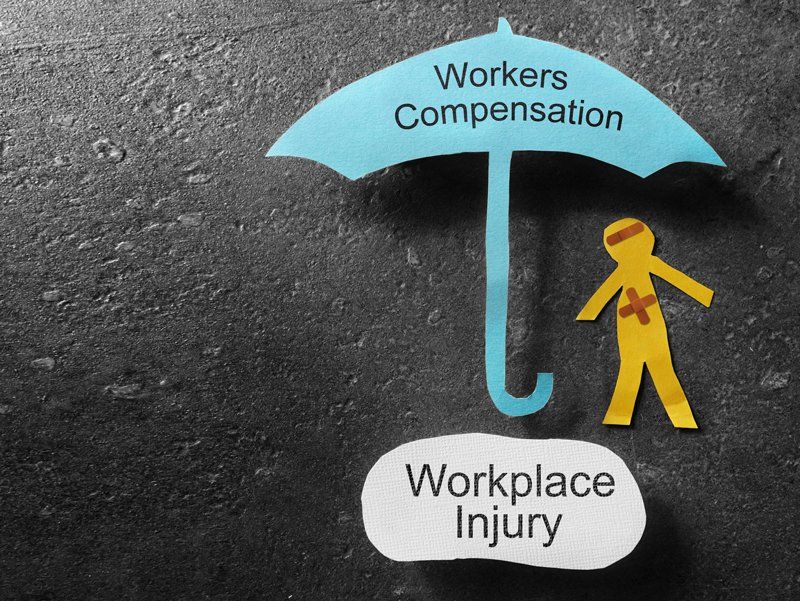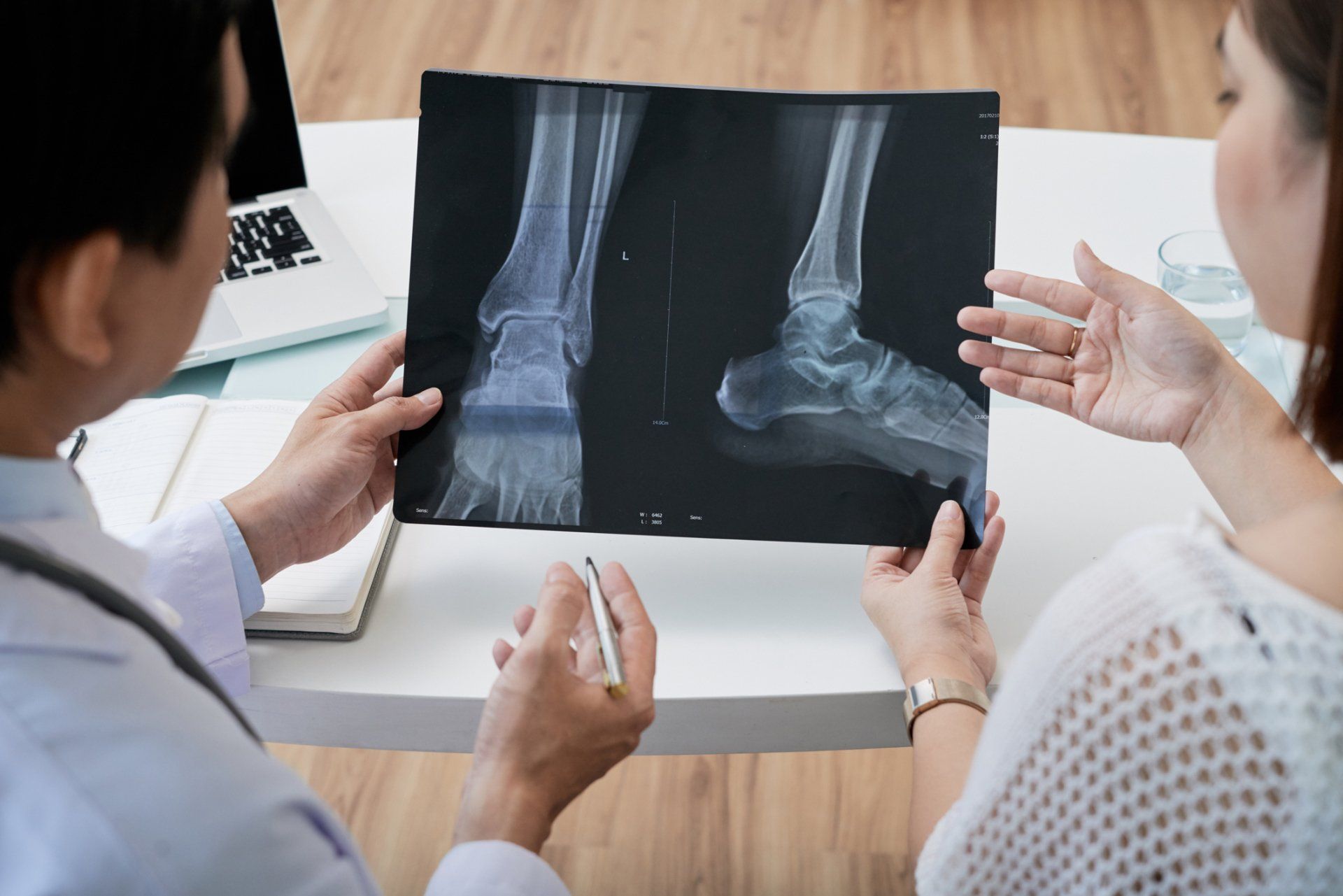Wrongful Death Related To Hospital Acquired Infections
- By Admin
- •
- 19 Aug, 2019
- •

Hospital-acquired infections can affect any hospitalized patient, however, they may be more common in elderly patients, very young patients, and those with suppressed immune systems. If recognized and treated promptly, most patients will recover; however, if left untreated, a life-threatening blood infection known as sepsis can occur.
If your loved one has died as a result of an unrecognized or untreated hospital-acquired infection, talk to a personal injury attorney about pursuing a wrongful death lawsuit against the hospital or attending physician. Here are some things you should know about hospital-acquired infections:
Surgical Site Infections
After a surgical procedure, it is crucial that the surgical site be meticulously cared for by the hospital staff. Everyone who comes into contact with your family member's wound needs to wash their hands and put on latex gloves.
It is also essential that all wound dressing products and wound care supplies, such as gauze pads and bandages, be sterile and that the surgical site be cleaned in accordance with the physician's treatment orders. A breach in this protocol may result in a surgical wound infection, which may lead to the following symptoms:
- Redness
- Warmth
- Tenderness
- Fever
- Pain
- Inflammation
If your loved one experiences any of the above symptoms of a surgical site infection, your physician may need to acquire a culture from the affected area so that it can be analyzed in the microbiology department of the hospital's laboratory.
The wound culture results will reveal the strain of bacteria that is proliferating around the surgical site so that the appropriate antibiotic can be prescribed. In addition to culture analysis, the hospital staff will need to notify the physician to any changes in the patient's health status that may indicate the presence of sepsis related to the surgical site infection.
Symptoms of sepsis include a high fever, fast heart rate, high respiratory rate, decreased urinary output, decreased blood platelet counts, and severe weakness. If sepsis is not recognized and treated quickly, septic shock may develop.
The symptoms of septic shock include all of the symptoms of sepsis, plus it causes hypotension, or very low blood pressure. Failure to recognize the symptoms of septic shock may result in death.
Sepsis and septic shock are treatable if diagnosed and managed early on. However, if the doctor fails to address your loved one's symptoms, your personal injury attorney may advise your family to pursue a wrongful death suit against the physician and hospital, should your family member die as a result.
Urinary Tract Infections
Hospital-acquired urinary tract infections are often caused by indwelling urethral catheters. Indwelling catheters are placed in the bladder to retrieve urine that is then carried to a collection bag via a plastic tube.
Urinary catheters can be left in place
for short periods of time or may be recommended for long-term use if
the patient is unable to urinate independently. Meticulous catheter
care is essential when checking or irrigating the catheter, because
if bacteria is introduced to the urethra, a serious systemic
bacterial infection may develop.
Symptoms of a catheter-associated urinary tract infection include blood in the collection bag, urethral burning, burning when urinating, lower abdominal pain, fever, chills, and urinary frequency.
If the physician fails to address the signs of a urinary tract infection and neglects to prescribe the relevant treatment, the patient may develop a life-threatening infection that may result in death.
If you believe that your loved one died as a result of an unrecognized or untreated urinary tract infection, your personal injury lawyer and medical expert will review the patient's medical records to determine if a wrongful death case should be pursued.
To learn more about hospital-acquired infections and wrongful death litigation, contact us at the Law Offices of Robert Dodson, P.A. today for your initial consultation.






